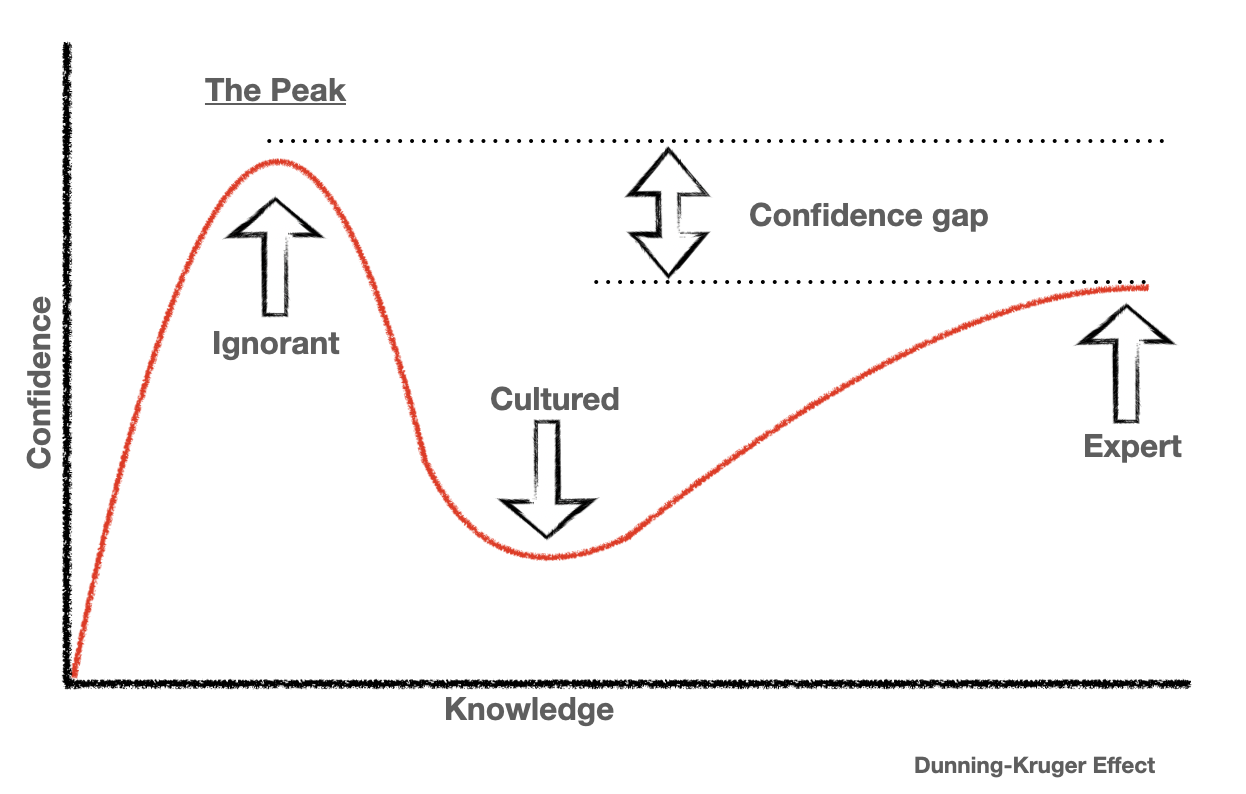The several-month-lockdown has caused the economy to suffer the worst contraction in 41 years due (the economy dropped by 20.4% in April) due to a lack of consumer confidence in spending.
The situation is likely to worsen in the long term, with the economy expected to slump by 11.5% in 2020, a number higher than in neighbouring countries Germany, France or Italy. The potential deficit faced by the UK Government in 2020 is over £370 billion, the highest since the Second World War. Furthermore, the unemployment rate is expected to rise to 12%, with 3.5 million people out of work.
The Government has worked hard to support businesses suffering the consequences. One scheme - the Coronavirus Job Retention Scheme (CJRS) which allowed companies to furlough their employees for the time being. As of the 26th July, approximately 9.5 million jobs from over one million different employers were furloughed. The Government has already spent an estimated £31.7 billion on the CJRS, with this figure expected to rise by the time the scheme ends in October. (You can read more about it on our blog here).
Other schemes put in place include the Coronavirus Business Interruption Loan Scheme for Small-and-Medium-Enterprises (SMEs) (you can read more about it here over at our blog), the Income tax and VAT deferral initiative for businesses and for those who are self-employed, and the Coronavirus Self-employment Income Support Scheme. Plus, the Future Fund and the Coronavirus Bounce Back Loan Scheme (CBBLS) are aimed at supporting innovative SMEs and those in need of funding quickly (you can see our posts on the Future Fund and CBBLS over at our blog).
Unfortunately, this is still not enough. These initiatives are providing support to many individuals, but the Government struggles to realise that not all businesses are the same and therefore will not all qualify for the several schemes put in place. As a consequence, there is an estimate of three million businesses and individuals falling through the gaps.
We were glad to see that initiatives such as Excluded UK exist. The non-profit NGO is set up to give a voice to those excluded from Government support. Whilst raising awareness and funds, and providing support and assistance, they are also active on the political lobbying front.
Sonali Joshi, founder of Excluded UK, told us that ultimately the initiative is calling for fairness and parity. Chancellor Rishi Sunak recently announced that he is drawing a line under the existing schemes, yet Excluded UK are continuing to fight for these issues to be addressed.
As an addition to the collective platform they set up, they are also lobbying from within. They formed an all party parliamentary group by the name of Excluded UK APG, calling for the Chancellor to commit to a meeting with Excluded UK, to discuss the current exclusions and potential solutions. They are also advocating against the narrative used by the Chancellor that people excluded from support are somehow related to fraud.
In a letter to the Chancellor, 97 MPs have asked the Treasury to look again at how these exclusions can be addressed and helped.
Those who cannot qualify include short term contractors, the newly self-employed, people who just switched jobs, directors of limited companies and/or freelancers. Moreover, the industries most affected by exclusions are the creative and media industry with 33%, and the construction industry with 12%. Both have a high number of sole traders and limited company owners, as well as freelancers.
However Joshi tells us that ultimately, “the people affected come from every walk of life and the professions and industries are totally across the board” and that the consequences of their exclusion affect employees, families and the economy equally.
We know how important it is to help SMEs and sole traders. They generate 50% of the total revenue of UK businesses. It is estimated that they have already lost £69 billion during the pandemic because of the halt on trading. Moreover, McKinsey & Company has found out that 80% of SMEs have seen their revenue decline and that they struggle with loan defaults, employee retainment and having to postpone growth projects. There are fears that one out of five SMEs will be out of business by August 2020.
This is why we have to do everything in our power to support our SMEs.
At tomato pay, we have partnered up with untied, the UKs personal tax app, to create SMART (SMEs Manage Accounts Receivables and Tax), to help sole traders with their payments and taxes. Through this initiative, we are hoping to save 50,000 businesses a year, decrease the average outstanding debt to SMEs by 29% and save the economy £1 billion per year. The tool will help sole traders manage their cash flow and tax payments. Sole traders can use it to easily invoice customers, incentivise early payments through discounts and issue penalties for late payments and also anticipate tax payments. You can find the press release here.
We would welcome any feedback, questions and clarifications. If you are a small business excluded from Government support and you would like to tell us about your experiences, or a financial institution, government body or policymaker who would like to collaborate with us, then please email Lisa at lisa@tomatopay.co.uk






